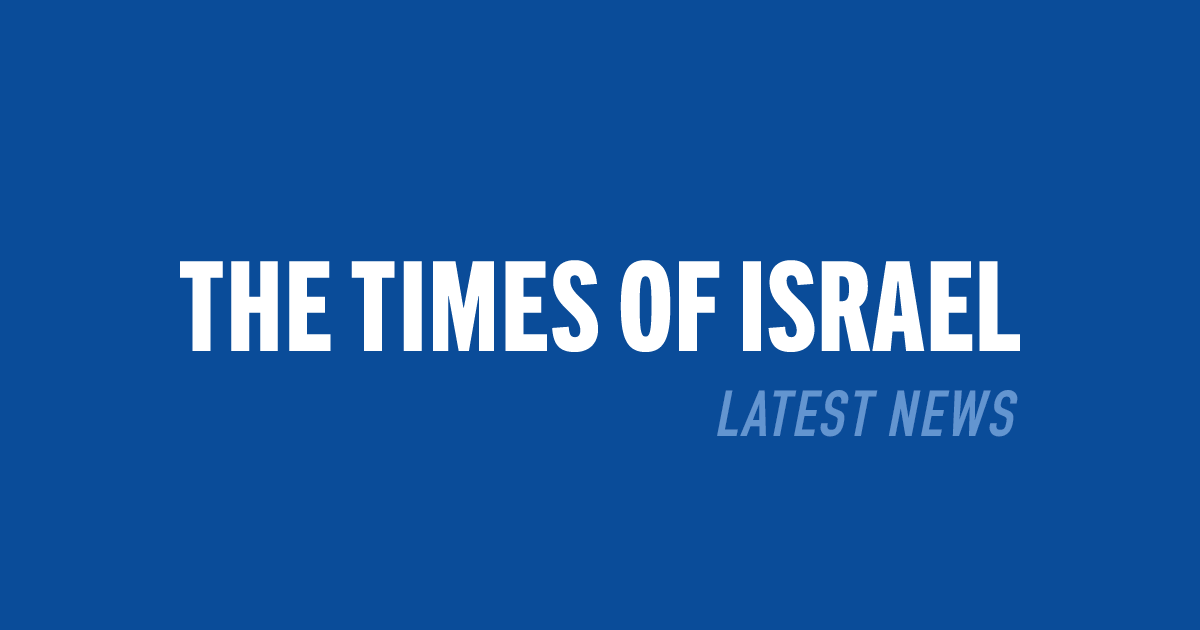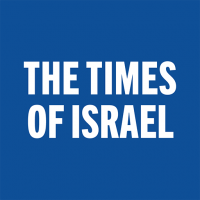När rabbinen Moshe David HaCohen summerar Eurovision-veckan är det hopp han känner. Men också irritation.

www.dn.se
Translation:
Headline: Rabbi Upset Over Malmö's Image: "Portrayed as the Black Sheep"
Introduction:When Rabbi Moshe David HaCohen sums up the Eurovision week, it is hope he feels. But also irritation over how both Swedish and international press have reported from the city.
"Several have had an obviously anti-immigrant and anti-Muslim agenda," he says.
When over 10,000 people demonstrated against Israel's war in Gaza in central Malmö on Thursday, Moshe David HaCohen stood a little distance away, at Davidshall Square, listening to the Jewish folk song Hava Nagila. Around a hundred people had gathered to welcome the artist Eden Golan to the city, play Israeli pop songs, and wave Israeli flags. The rabbi, who previously led the Jewish community in the city, felt some concern about how the evening would unfold.
“For many in Malmö, the war is personal; hundreds of people have family members who have been killed in Gaza. Several Israelis are also directly affected.”
During the demonstrations, Moshe David HaCohen had direct contact with Muslim leaders in the pro-Palestinian rally. It turned out to be a peaceful event. Both demonstrations were held safely.
Now that Eurovision is over, the city can breathe a sigh of relief, and Moshe David HaCohen feels relieved.
“We have been worried about the safety of the Jewish community in general. But while media around the world reported how terrible the situation in Malmö was, I felt hopeful,” says Moshe David HaCohen.
He is strongly critical of how several Israeli media outlets have described Malmö.
“They have wanted to stir up emotions, looking for problems. Malmö has been labeled as the black sheep.”
He has personally met several Israeli journalists who seemed to have predetermined angles – and had a clear goal with their reporting.
“They have emphasized that Malmö has a large Muslim population, and that for that simple reason, the city is in decline. Even during this week's demonstrations, the image of Malmö that has been spread has been problematic at times,” he believes.
“They report on how 10,000 people are out on the streets protesting against Israel.
But they do not report that there has recently been no anti-Semitic rhetoric, that the large synagogue has been completely spared from protests. Not everything that is anti-Israel is anti-Semitic,” he says.
Even Swedish media have contributed to spreading a skewed image of Malmö before and during Eurovision, Moshe David HaCohen believes. When Svenska Dagbladet's political editor-in-chief Tove Lifvendahl summed up Eurovision week, it was under the headline “Sweden lost in Malmö.”
“The security of the Jewish community in Malmö has been taken very seriously from all sides, the municipality, volunteer organizations, the organizers of the pro-Palestinian demonstrations, and the police. Freedom of speech has been respected, and everything has proceeded peacefully,” he says.
He himself was upset when he heard about the headline on Dagens Nyheter's debate page over the weekend: “Malmö should not host any more events.” In the debate article, written by the American rabbi Abraham Cooper from the Simon Wiesenthal Center in the USA, Malmö is portrayed as an anti-Semitic city.
Fourteen years ago, the center warned Jews against traveling to Malmö. That warning remains in place, the American rabbi explained.
“From the Jewish side in Sweden, we have previously asked him not to interfere. The only thing he achieves is harming the Jewish community. Who is he punishing when he advises Jews not to visit Malmö? This city does so much for the Jewish community.” Does this make you upset?
“Yes, making Malmö city an enemy in this way, portraying every Palestinian as an enemy or the Muslim congregations as enemies, is serious. The debate article contains several inaccuracies – for example, it is claimed that no one in Malmö has been convicted of anti-Semitic hate crimes in recent years. That is not true. Several such convictions have been made – most recently in March when a student was convicted of incitement to racial hatred after inciting against Jews and Blacks in a classroom.”
“That a high-ranking person like Cooper spreads false information is concerning. I do not like this kind of external intervention at all.”
Moshe David HaCohen points out that the fear expressed by several members of the Jewish community in Malmö should, of course, be taken very seriously.
“I am not naive; there is definitely friction between groups. There are indeed problems with anti-Semitism, which is something that schools, in particular, need to address. Many Jewish children feel unsafe. But the past week gives me hope that the safety of Jews in Malmö will continue to be taken seriously so that we can live in peaceful coexistence in Malmö.”

 www.timesofisrael.com
www.timesofisrael.com

 apnews.com
apnews.com





